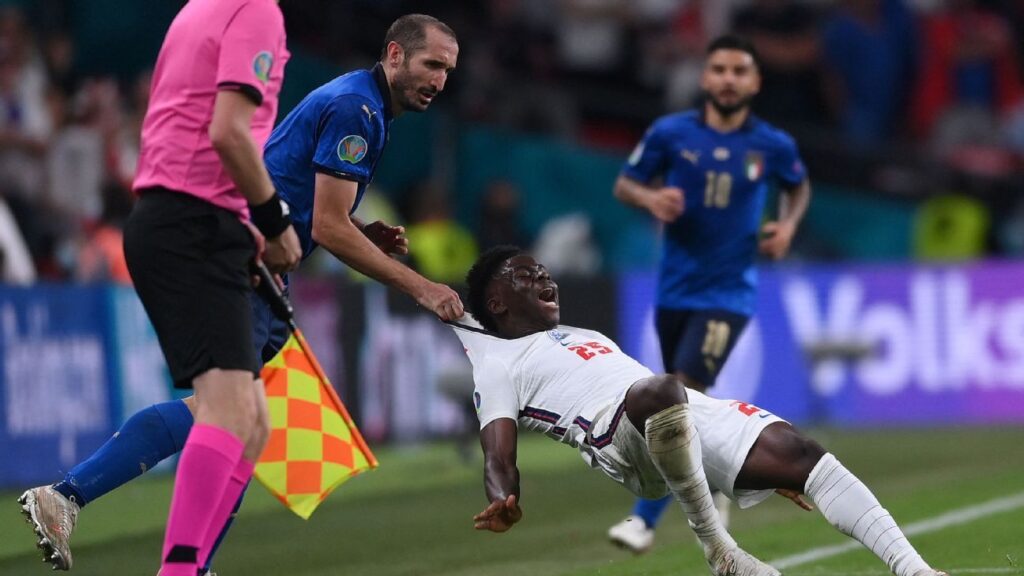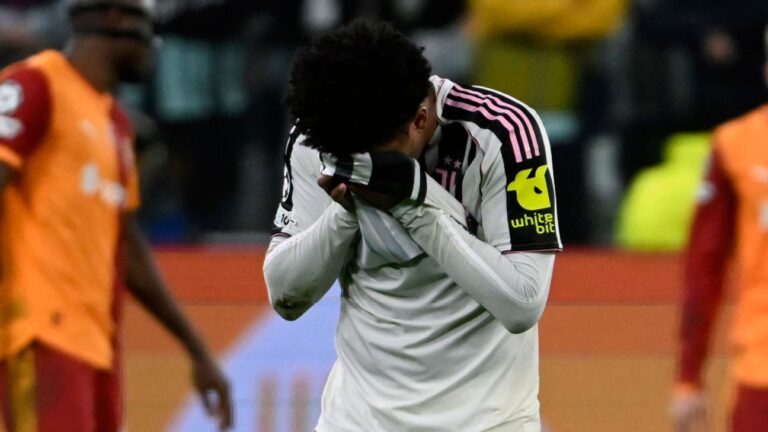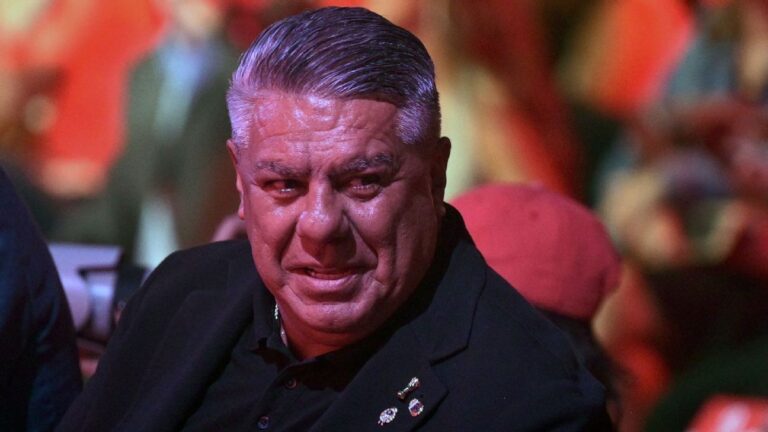The International Football Association Board (IFAB) on Saturday decided against introducing a new blue card as part of trials of sin bins.
Football’s lawmakers announced in November measures to improve player behaviour and increase respect for match officials, which included temporary dismissals for dissent and specific tactical offences, and only allowing team captains to speak to the referee.
In addition, The IFAB also approved trials of “cooling-off periods,” whereby if play is getting heated the two teams could be separated by the officials for a length of time before play is then resumed.
The protocol for the trial, including the use of a blue card, was due to be announced by The IFAB on Feb. 9 but was shelved after a huge backlash following a leak the day before. FIFA had stepped in to issue a statement that stories of the blue card being introduced were “incorrect and premature.”
– Stream on ESPN+: LaLiga, Bundesliga, more (U.S.)
FIFA, world football’s governing body, was frustrated that the IFAB was planning to go ahead with an announcement before its AGM on March 2.
The IFAB meets in November to discuss all ideas put forward by member associations, and possible changes to the laws, and decide on those which should go forward or be the subject of trials. While that list is usually approved, it still requires a vote at the AGM, this year held near Loch Lomond in Scotland.
The IFAB is comprised of the four British football associations (England, Scotland, Wales and Northern Ireland), who have one vote each, and FIFA, representing the other 207 national associations, with four votes. Any change to the laws must gain at least six of the eight votes, which means no resolution can pass without the agreement of FIFA; at the same time, FIFA cannot make a change without the support of two of the associations.
The sin bin was introduced to rugby union in 2001, where there has also long been a rule which means only the captain can approach the referee, and there is rarely any issue with players surrounding referees.
Yet sin bins are not completely new to football. They’ve already had a successful implementation in the lower levels of football since 2019-20, with players ordered to leave the field for 10 minutes if they show disrespect to an official.
Grassroots football in England, which has a particular problem with referee abuse from players, has been using the yellow card to indicate the offence across 31 leagues for the past five seasons.
However, if the sin bin is to move up the levels the IFAB wanted a different colour to be distinct to participants and supporters that a player is being told to leave the field for a short period, and it was planning to use blue.
The sin-bin trial, which will initially last 12 months, will include situations where a player deliberately takes out an opponent in an attacking situation when a red card isn’t warranted.
One such example was Italy defender Giorgio Chiellini’s dragging back England’s Bukayo Saka by the scruff of his neck in the final of Euro 2020.
It means fans won’t see the sin-bin trial in top level competitions like the Premier League, LaLiga, the Champions League, Euro 2024 or the Copa America, however. The trial over the course of next season won’t be permitted at the very top level, and it would be 2026-27 at the earliest before it could move up the levels.
Indeed, there have been various trials in lower leagues in past years with the aim of combating dissent, such as moving a free kick forward 10 yards, which have been considered unsuccessful and haven’t made it into the Laws.
Sources have told ESPN that there is limited support for sin bins among the top leagues, and the Football Association is unlikely to be testing it in competitions such as the Women’s Super League and the FA Cup.
Only three changes to the laws, applicable as of July 1, were approved. Deliberate handballs, where there is no intention to play the ball, will be punishable with a red card where at present that only applies if a goal or an obvious goal-scoring opportunity has been denied. Handballs which result in penalties will be treated the same as fouls, which will reduce the number of yellow and red cards for the offence.
Also, it has been added into the laws that the ball must be overhanging the centre of the spot on a penalty kick, which was not previously defined.
The time limit for goalkeepers holding the ball has been increased from six seconds to eight seconds, otherwise possession will revert to the opposing team.
The IFAB also said that additional permanent concussion substitutions will be enshrined in football’s laws but it remains up to the organisers of individual competitions to implement the rule.
“Regarding permanent concussion substitutions, the trial we’ve run is effectively concluded and that is now enshrined in the laws of the game,” Ian Maxwell, CEO of the Scottish Football Association, told reporters.
“It will be up to competitions to determine if they want to use permanent concussion substitutions as per the protocol.”
The protocol allows a team to replace a player with a suspected head injury without it counting towards their allocation of substitutes.
Information from Reuters contributed to this report.




